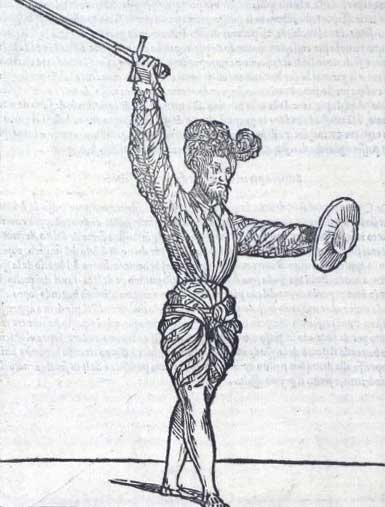When I look at my pursuit of mastery and proficiency in the various arts of my life I see more clearly now that truly a very small percentage of what is between me and mastery (meaning a high level of proficiency) is technical ability. Obviously technical ability is essential to mastery but the barriers that it presents are often most readily addressed; most systems of learning and teaching focus on acquisition of physical technique. Most people have the potential to move their body’s in the way required and all that is between them and mastery in this regard is time, access to good teachers and coaches, and appropriate attention to the right areas.
The real challenge lies in and around this technical pursuit. The barriers that divide those who find mastery and those who leave the path are 75% mental.
Impatience
It is easy to get caught into a get great quick mindset. How many people don’t experience a feeling of disappointment when they’re not a natural the first time they try a new skill? It’s easy to put on yourself that you’re not getting good enough, fast enough. This feeling can pursue us throughout our time learning an art in year one and even in year 10.
Boredom
Strangely related to impatience is boredom. Plateaus and expanses of focusing on the same fundamentals are a natural part of the process of mastery. However if you do not acknowledge and work through boredom you’ll easily succumb to this feeling of impatience with things not ‘changing’ enough or not feeling challenging enough. Boredom is a hurdle that we must all overcome to go from intermediate in a skill to advanced. The ability to connect with the most fundamental of lessons and receive learning and experience from them. The ability to do a single technique over and over and over again and realize that there is always more to learn, and to revel in that learning.
Ego and Comparison
So many people get caught in the trap of comparing their skills, ability, and advancement to others or to a previous version of themselves — especially after a break (I know I am certainly not immune to this). You compare yourself to another who seems to be excelling and ask “why are they better than me, they started a year after I did?” or “They’re a natural and they make it look easy, it’s never going to be that way for me.” You return after an injury and feel that “I suck now” yet if you were to take your performance completely in the present or imagine you were a beginner again you’d see yourself as incredibly talented. It’s only he comparison that allows you to treat the situation negatively.
The truth is that each person's journey is different. Some excel through other parts and are stymied in others.
I remember learning to ski when I was in elementary school. Our school organized a series of 4 lessons as part of a skiing field trip series. I watched as all my other classmates graduated to the slopes out of the beginner’s classes day to day. By lesson 3 I was one of 4 kids (the group started at 30) still in the ‘beginners’ class. The other three kids all had either learning or obvious physical disabilities. I felt like a complete moron. Yet somehow between class 3 and 4 something truly clicked for me and by the end of our series I was parallel skiing at a higher level than many of the more experienced kids in the big group.
Regardless of your process, it’s ‘your’ process. It’s not important how you are at the beginning, it’s how you are at the end, and the journey is far from over.
Frustration
Boredom, Impatience, and Ego all lead to frustration. Being angry on its own is not bad, it’s when we turn that anger inward and don’t allow it a place of release and exploration — whether that be through conversion or processing with a mentor or friend or in our own internal process. Frustration can eat away at one’s resolve to become a long-term practitioner.
Commitment and Rhythm
In a conversation with an early fencing instructor of mine at a recent fencing gathering we both talked about periods in our career as swordsmen that we hated fencing, yet did it anyway. I’m committed to the long-term practice of this art and I know that feelings of frustration, boredom, and even feeling like you ‘hate it’ are part of the journey. Some of my biggest leaps and payoffs have followed some of my hardest times internally. That’s why I know its worth it.
Part of the value of this journey is learning how to weather these times and learning also how to build internal systems and access support that bring me through them.
There is a real power, beauty, and amazing building of self-worth and internal fortitude and expression that come from the long-term pursuit and mastery of something. I’m up for that journey and part of what makes it interesting is that it’s not easy.
There is lots to be said about how to follow this road and how to learn and grow through these and other mental and psychological challenges. What I’d like to offer now is simply this: Decide whether you would like to gain long-term proficiency with the art you are practicing. If you would, start considering the mental side and not just the physical. Make it a regular part of your self-assessment and your conversation with your teachers, coaches, and peers. There is much to be gained from sharing about our own mental processes and the learning gained from these discussions may in fact be even more valuable than the art itself.
